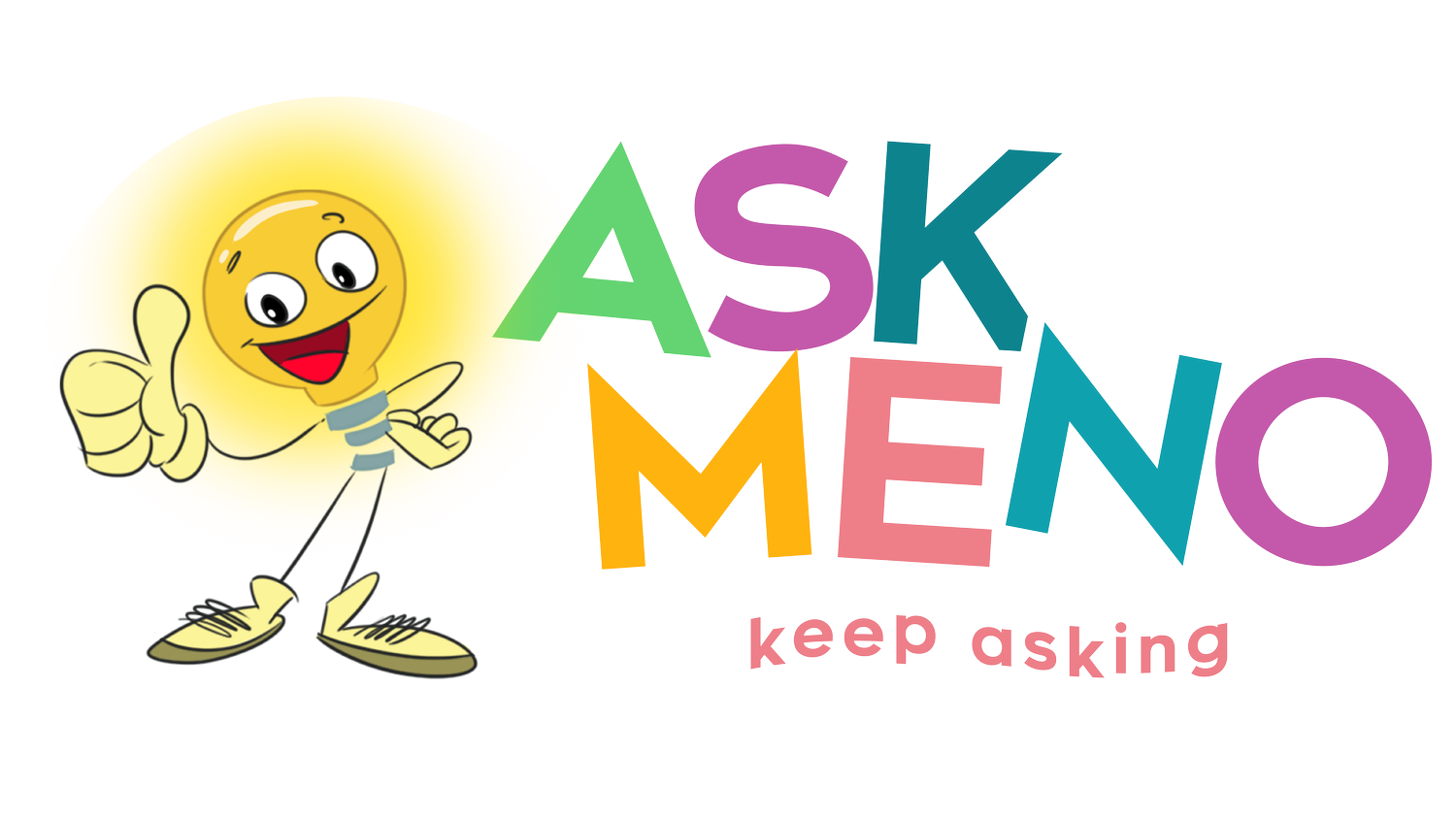Verbal Reasoning: A Missing Link in Early Readers
The "simple view of reading" first proposed by Gough and Tumner in 1986 is expressed as an equation:
𝐖𝐨𝐫𝐝 𝐑𝐞𝐜𝐨𝐠𝐧𝐢𝐭𝐢𝐨𝐧 x (𝐎𝐫𝐚𝐥) 𝐋𝐚𝐧𝐠𝐮𝐚𝐠𝐞 𝐂𝐨𝐦𝐩𝐫𝐞𝐡𝐞𝐧𝐬𝐢𝐨𝐧 = 𝐑𝐞𝐚𝐝𝐢𝐧𝐠 𝐂𝐨𝐦𝐩𝐫𝐞𝐡𝐞𝐧𝐬𝐢𝐨𝐧.
This simple view of reading has become one of the foundations of what we now call "evidence-based reading" or "the science of reading."
But while science of reading curriculums have been mandated by state legislatures and adopted in countless school districts, one of the two components in the "Reading Comprehension Equation" is often neglected—and this neglect is directly related to widespread deficits in early learners' reading comprehension.
Verbal Reasoning = Student Inquiry
An over reliance on teaching phonics has marginalized the instruction of oral language comprehension in early education. Early learners' verbal reasoning, a strand within language comprehension, suffers as a result. On top of that, it's a skill that is hard to teach, which has also added to why this strand has been neglected.
But as anyone who spends time around children knows, kids like to ask a lot of questions. And it turns out that inquiry is one of the best ways to improve children's verbal reasoning skills, which increases their oral language comprehension and improves young learners' overall reading comprehension.
In our own work at AskMeno, we have the daily joy of seeing how kids turn their questions into early literacy gains!
About AskMeno
AskMeno is dedicated to helping early childhood leaders build the foundational oral language and social skills necessary for their young scholars’ reading comprehension and emotional wellbeing. AskMeno provides a play-based, teacher-facilitated supplemental curriculum that systematically and explicitly develops oral language and social skills through scaffolded, fun, and engaging learning activities.



